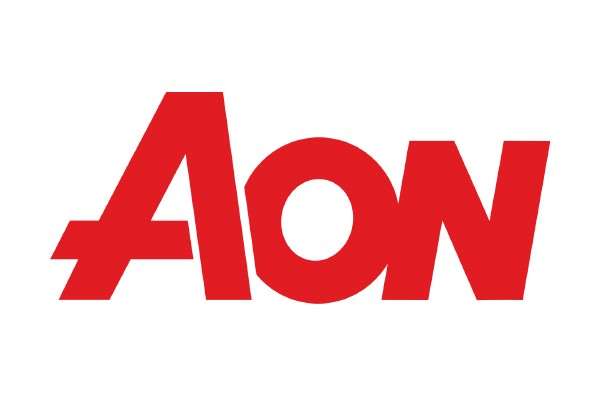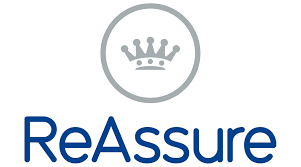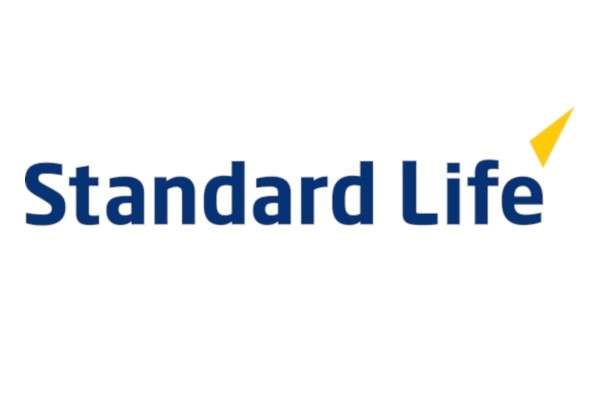
Self Invested Personal Pensions
What is a SIPP pension?
A SIPP pension stands for a Self-Invested Personal Pension. It is a flexible type of pension which allows you to invest your money where you like. There can be additional risks, and they can take time to do correctly, but they also can offer more significant rewards than other types of pension.
Search for a Company to begin a Claim
Many people like to know that they are in control over their pension fund. However, they are designed for those who are experienced investors and know what they are doing, not the general public. As a result of this, if someone who is not an experienced or successful investor is sold a SIPP, they might be likely to lose money they were saving for their pensions.
The value of a Self-Invested Personal Pension is based on how well the investments you choose do. They work much like other pensions, except there are no guarantees that you will have any money. This makes them riskier if you don’t know what you’re doing, but with a potential for a greater reward.
SIPPs were brought in in 1989, and are still useful to certain people today. Over a million people have had a SIPP at some point, and they can be fantastic if you know what you’re doing.
Benefits and Drawbacks of a SIPP
Most people in the UK have state and employer pensions. , and the employer pension is from your workplace. SIPPs are different. They are private pensions which you set up yourself. There are many types of private pensions, including Stakeholder Pensions (which is based in stocks and shares) and defined contribution schemes.
A SIPP is also a type of income Reduction, which means you keep most of your pension pot invested and take an income based on the return on investment.
The benefits of a Self-Invested Personal Pension is that it can offer a great deal of flexibility. You can take out more or less of the funds each month, and you have investment choice – which you can’t get out of many other types of pension.
If you do well while investing your SIPP, you can expect a higher rate of interest. This comes at a much higher risk than other types of pensions.
Being a private pension, you can choose to pay in overtime, or pay in a lump sum from your savings or other investments. This can be a useful choice if someone wants to pay in quickly now, or if they want to take it slow and put some of their monthly income into it.
There are, however, drawbacks of a SIPP. Firstly is the high-risk factor. You are controlling your own investments. While this can be beneficial for people who know what they’re doing and are skilled investors, other people might find this a risk too far.
There is also the effort involved in making investment choices. While still saving for retirement you will be putting in extra work to ensure that the SIPP goes well. Even once you are retired, you will still need to put in the time to properly research your investments. If you expect a retirement when you are going to be free from doing anything for your pension, a SIPP might not be right for your needs.
Another downside is that every time you buy or sell an investment with your SIPP provider, you will have to pay a fee. This fee will total just a few pounds each time, but this will quickly add up. ‘Diversifying’ your investments, which makes sense in other non-pension investments, can cause you
to rack up more fees. This can put off some experienced investors who might want to have a regular investment fund rather than a SIPP.
Mis-Sold SIPP Pensions
Just like with any other financial investment, SIPPs can be mis-sold by unscrupulous advisors and salespeople looking to make a quick profit. Mis-selling and poor or dishonest financial advice can cause a lot of personal and economic difficulties, and our team is dedicated to helping you claim back what you might be owed.
SIPPs often have high fees which go to the pension advisors. Because of this, many advisors have tempted people unsuitable for a SIPP to invest in one. In some cases, savers have been encouraged by advisors to put their money in risky investments abroad which have dissolved and they have lost a large part of their pension savings.
How to Tell if You Were Mis-Sold a SIPP Pension
There are different reasons for a pension having been mis-sold. Usually, it comes from a lack of honesty or transparency. This can mean that an advisor wrongly said that the SIPP was suitable for you and your needs, poorly explained it, or pressured you into buying it. It can also have been mis-sold if you weren’t told about the additional risks, or if you were advised that you could use it to avoid tax.
If the advisor didn’t explain the ins and outs of this type of pension, then they likely did not sell it correctly. It is crucial that anyone with a SIPP understands what they have to do.
To be sold a SIPP, you should also understand investing enough to run it. If you don’t understand investing, stock markets or similar financial choices, then you might have been wrongly sold the scheme.
Hard sales and pressure-selling are other ways a pension of any kind can be mis-sold. If you made it clear that you didn’t want to invest, or weren’t sure, but they pressured you into it, it is worth making a claim. When you aren’t entirely comfortable investing in a SIPP, it’s possible it was mis-sold to you.
An advisor might also make you decide to transfer your regular, personal pension to a SIPP when it wasn’t suitable for you. If the existing pension was more suitable to your needs, wants or financial situation, then they might have mis-sold the SIPP, and you could consider making a claim.
Mis-selling SIPPs also happens when fees aren’t fully explained to the buyer. If you transferred your pension into a SIPP and you were not told of any costs which you were then charged, it was likely mis-sold to you. This is also true if they made you believe that the fees would be less than they ended up being.
As well as fees, the advisors should have also been honest about the risks. Self-Invested Personal Pensions are very risky. While expert investors can make good use of them, for most people they aren’t a good choice. The risks can often outweigh the benefits, and so advisors should explain this to anyone they talk to about SIPPs.
Lastly, SIPPs are not a way to avoid tax. They aren’t a tax-free investment and you can’t access them until you are 55 years old, and this is due to rise to 57 in 2028, even though they are private pensions. Like all other pensions, there are breaks in income tax, but these generally are not unique
to SIPPs. However, a tax refund at the basic rate (20%) can be claimed back through the SIPP provider.
Mis-Sold SIPP Claims
If you think that your Self-Invested Personal Pension might have been mis-sold to you then it is crucial to act now. If it was mis-sold, not only might you be owed a great deal of compensation, but the longer you wait, the longer the problems will continue.
Having a SIPP can be great for those who are experienced in investing and have the time to invest well in their retirement. However, for other people, they might have been the victims of mis-selling. If you weren’t comfortable with transferring your pension to a SIPP, with investing, or with the fees involved, you might be due compensation.


























